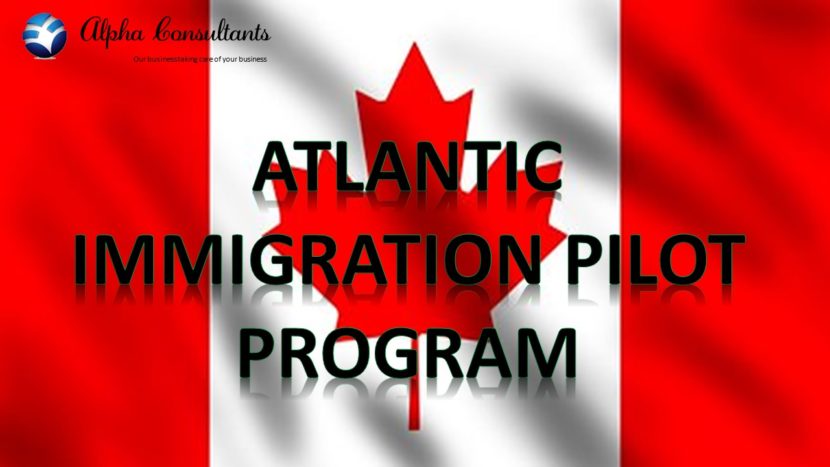Canada extends Atlantic Immigration Pilot
Key changes also introduced to increasingly popular pathway to permanent residence
Canada is extending its Atlantic Immigration Pilot to December 2021 in a bid to maintain the program’s momentum, the federal government has announced.
Launched in 2017 for an initial three-year run, the Atlantic Immigration Pilot (AIP) was created to address labour shortages in the provinces of Nova Scotia, New Brunswick, Prince Edward Island and Newfoundland and Labrador.
The pilot allows designated employers in those provinces to hire eligible foreign skilled workers and international graduates of universities and colleges in the Atlantic Canada region.
According to statistics released by Immigration, Refugees and Citizenship Canada (IRCC), 1,896 employers in the Atlantic Canada region have made 3,729 job offers through the AIP since its launch in 2017 and 2,535 principal applicants and their families have been approved for permanent residence.
Demand for the AIP last year led IRCC to increase its annual allotment of new admissions to Canada through the pilot by 500 spaces.
The Atlantic Immigration Pilot is a cornerstone of the Atlantic Growth Strategy, a joint federal-provincial initiative that is focused on economic development in the Atlantic Canada region.
Canada’s Minister of Immigration, Refugees and Citizenship, Ahmed Hussen, said extending the pilot’s lifespan “will give the Government of Canada and the Atlantic Provinces more time to experiment with different approaches and to assess the program’s medium and long-term impacts on the region.”
“Since 2017, the Atlantic Immigration Pilot has been very successful in attracting skilled immigrants to the Atlantic Canada region,” Hussen said. “IRCC and the Atlantic provinces have worked very hard and will continue to do so to ensure the pilot can address the unique labour and demographic challenges of the region.”
IRCC also introduced the following strategic program changes to the AIP:
- International graduates will now have 24 months post-graduation to apply for the AIP.
- IRCC said this change will increase the number of eligible international graduates that can participate in AIP and give them the time they need to complete the PR application process.
- Employers in the health-care sector will be able to hire internationally trained nurses to work as continuing care and home care support workers in order to fill job vacancies.
- The Atlantic provinces will have new authorities to focus their AIP spaces on in-demand labour market needs. This change will lead to better oversight of the pilot and give provinces greater ability to manage designated employers.
- Beginning May 1, 2019, IRCC will require that applicants meet the language, education and work experience requirements of the AIP prior to being approved for a work permit.
A key advantage of the AIP is that designated employers do not have to go through the process of obtaining a Labour Market Impact Assessment for jobs endorsed under the pilot program.
In order to be eligible, foreign workers must have a full-time job offer from a designated employer and possess at least one year of full-time (or part-time equivalent) paid work experience in an occupation designated Skill Type 0, Skill Level A or Skill Level B under Canada’s National Occupational Classification (NOC).
To consult the full list of eligibility requirements, visit this dedicated page.

